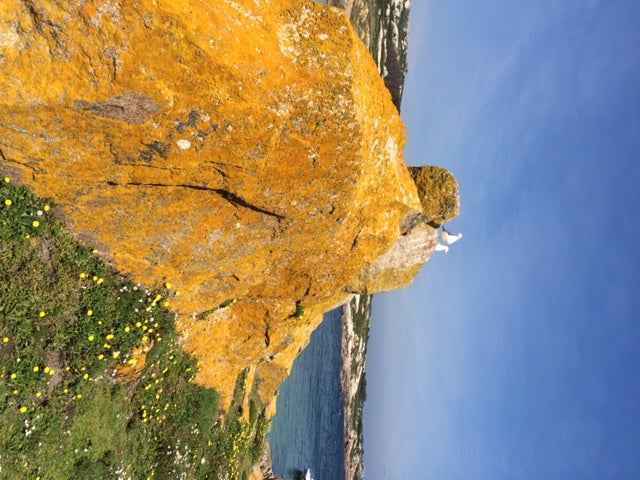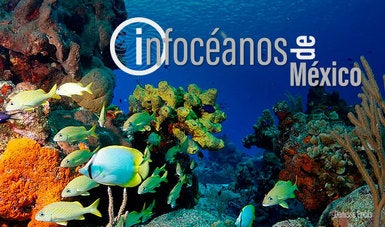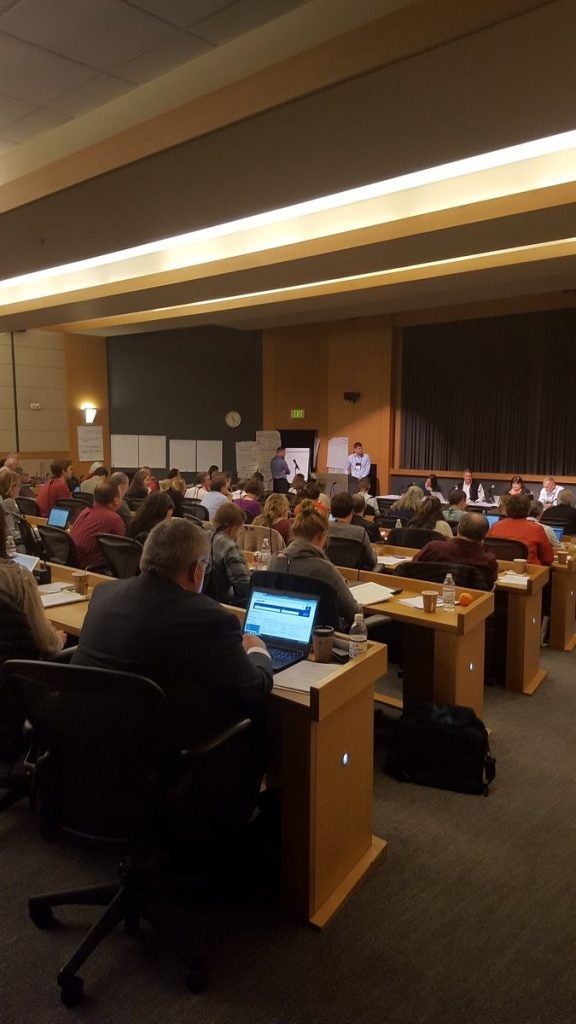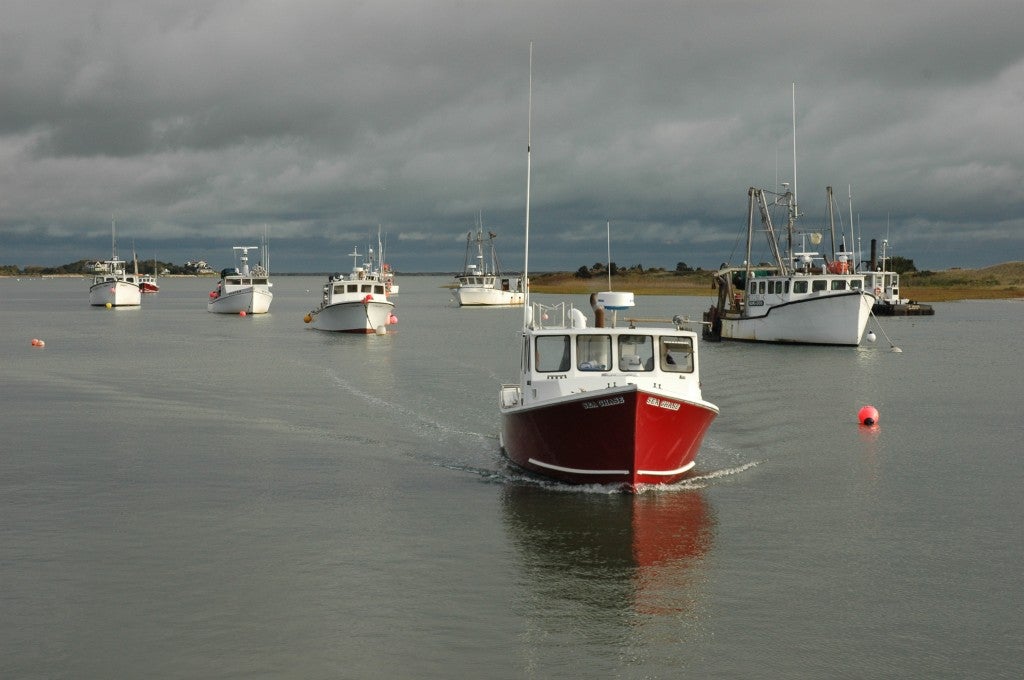
The coast of Galicia, Spain where octopus, goose barnacles, and many other species are harvested by small-scale fishermen and women.
Fishery managers, scientists and NGOs from all over Spain gathered in Madrid on a warm spring morning at a workshop convened by EDF and World Wildlife Fund Spain, eager to learn about how to collect, analyze, and use data to manage fishing mortality so that they could achieve their goal of good yields sustained over many years and even generations.
Like many people struggling to improve fishery outcomes around the world, the participants in this workshop felt like they couldn’t use the complex fishery assessment models they had learned in school because the data they actually had in hand were quite limited – and the models required rich streams of data. The vast majority – probably over 80% – of the world’s fisheries appear to be in this situation. The participants also felt like they had to make important management decisions with limited expertise by wading through a mass of technical papers on a variety of topics, none giving clear and specific guidance for the specific fisheries they care so much about.
Over the course of three intense days, participants worked together to synthesize guidance from the literature and from other fisheries on how to monitor fisheries, choose appropriate analytical methods and use the results to manage fisheries. Together, we worked out how this guidance could be applied to specific fisheries.
We were thrilled to read the evaluations afterward. Participants got a tremendous amount out of the workshop, but many of them said that it was too short (even though most of us were exhausted by the long days of thinking hard and practicing various skills). They wanted to dig deeper and build on the skills that they had learned. It would have been great to have a large body of international expertise on monitoring, data analysis and how to adjust fishing mortality to achieve fishery management goals in one convenient place that could be tailored to the fisheries that they care most about.
FishPath: Guiding managers in complex, data poor fisheries
Fortunately, a working group of international stock assessment experts convened by the Science for Nature and People program foresaw this need and developed a process called FishPath that does exactly that. FishPath elicits key information about a specific fishery and then uses that information to identify monitoring, assessment and harvest control options that will likely be appropriate for that fishery. Read More »












 The second national electronic monitoring workshop was held in Seattle, Washington late last year. Hosted by NOAA Fisheries, the goal was to bring together fisheries monitoring and management experts to share what’s working in EM implementation projects, what’s not, and to develop solutions and paths forward.
The second national electronic monitoring workshop was held in Seattle, Washington late last year. Hosted by NOAA Fisheries, the goal was to bring together fisheries monitoring and management experts to share what’s working in EM implementation projects, what’s not, and to develop solutions and paths forward.
![By Amada44 (Own work) [GFDL (http://www.gnu.org/copyleft/fdl.html) or CC BY 3.0 (http://creativecommons.org/licenses/by/3.0)], via Wikimedia Commons](https://blogs.edf.org/edfish/wp-content/blogs.dir/18/files/2015/11/UShaka_Sea_World_0893a-1024x678.jpg)
